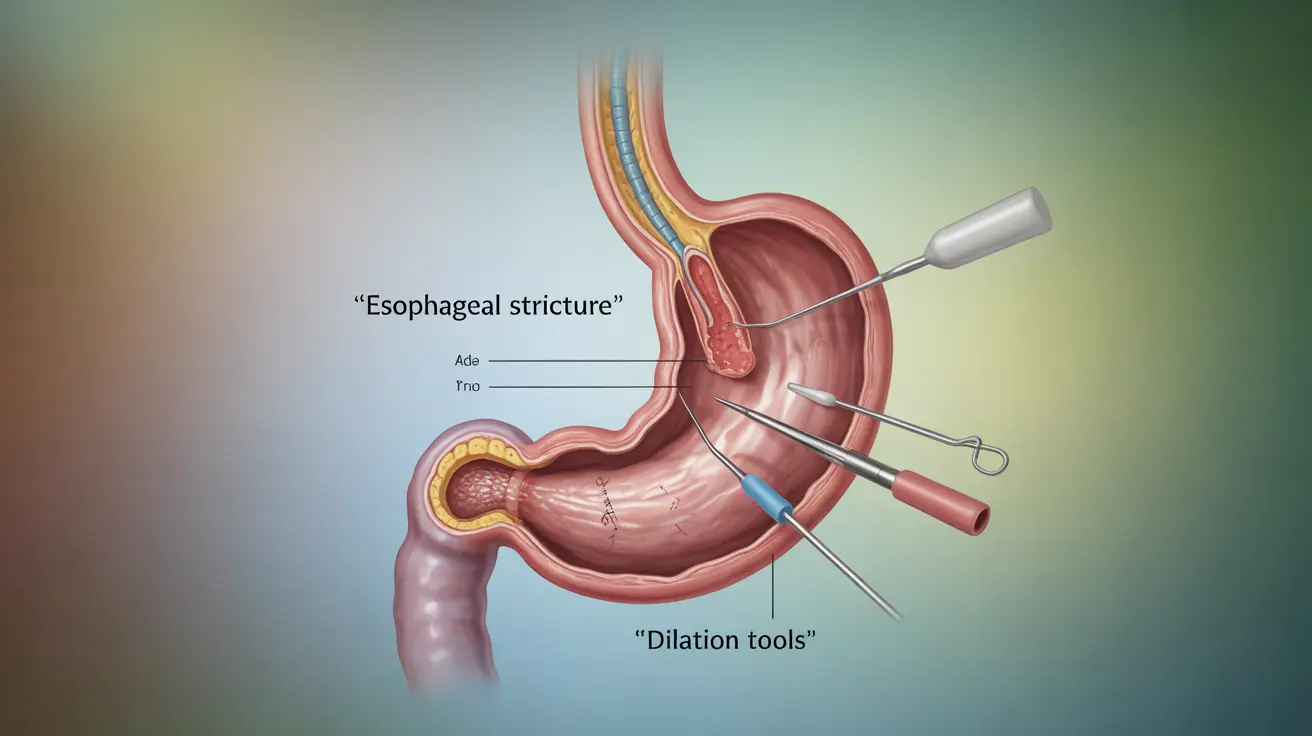Understanding the effects of alcohol on human health is crucial for making informed decisions about drinking. While alcohol consumption is widely accepted in many societies, its impact on physical and mental well-being can be significant. This comprehensive guide explores important alcohol facts, from health risks to safety guidelines, helping you make educated choices about alcohol consumption.
The Science Behind Alcohol's Effects
When consumed, alcohol affects multiple body systems simultaneously. It primarily impacts the central nervous system, acting as a depressant that slows down brain function and neural communication. The liver metabolizes approximately one standard drink per hour, though this can vary based on individual factors such as body weight, gender, and overall health status.
Health Risks of Regular Alcohol Consumption
Regular alcohol consumption can lead to various health complications, ranging from mild to severe. The most significant risks include:
- Liver disease and cirrhosis
- Increased cancer risk, particularly of the mouth, throat, and liver
- Cardiovascular problems
- Mental health issues, including depression and anxiety
- Weakened immune system
- Digestive system disorders
Impact on Brain Function
Alcohol directly affects brain chemistry by altering various neurotransmitter levels. Long-term heavy drinking can lead to permanent cognitive changes, memory problems, and reduced brain volume. These effects can be particularly pronounced in developing brains, making young adults especially vulnerable.
Alcohol and Pregnancy
Alcohol consumption during pregnancy poses serious risks to fetal development. No amount of alcohol has been proven safe during pregnancy, as it can lead to:
- Fetal Alcohol Spectrum Disorders (FASD)
- Birth defects
- Developmental delays
- Cognitive impairments
- Growth problems
Understanding Drinking Patterns
Moderate Drinking
Moderate drinking is generally defined as up to one drink per day for women and up to two drinks per day for men. However, these guidelines vary by country and individual health circumstances.
Excessive Drinking
Excessive drinking includes both binge drinking (four or more drinks within two hours for women, five or more for men) and heavy drinking (eight or more drinks per week for women, 15 or more for men). This pattern of consumption significantly increases health risks.
Health Benefits of Reducing Alcohol Intake
Reducing alcohol consumption can lead to numerous health improvements, including:
- Better sleep quality
- Improved liver function
- Enhanced mental clarity
- Weight management
- Reduced cancer risk
- Stronger immune system
- Better cardiovascular health
Frequently Asked Questions
What are the most common health risks associated with regular alcohol consumption?
Regular alcohol consumption can lead to liver disease, increased cancer risk, cardiovascular problems, mental health issues, and weakened immune function. It can also contribute to digestive disorders and neurological complications.
How does alcohol consumption during pregnancy affect fetal development?
Alcohol can severely impact fetal development, potentially causing Fetal Alcohol Spectrum Disorders (FASD), birth defects, developmental delays, cognitive impairments, and growth problems. No amount of alcohol is considered safe during pregnancy.
What are the key differences between moderate and excessive drinking?
Moderate drinking involves up to one drink daily for women and two for men, while excessive drinking includes binge drinking (4+ drinks for women, 5+ for men within two hours) or heavy drinking (8+ weekly drinks for women, 15+ for men). Excessive drinking carries significantly higher health risks.
Can any level of alcohol use be considered safe for overall health?
While some studies suggest potential benefits from very light drinking, no level of alcohol consumption is completely risk-free. The safest approach is to avoid alcohol entirely or strictly adhere to moderate drinking guidelines while considering individual health factors.
How does reducing alcohol intake impact long-term health outcomes?
Reducing alcohol intake can lead to improved sleep, better liver function, enhanced mental clarity, easier weight management, reduced cancer risk, stronger immune function, and better cardiovascular health. These benefits can begin showing within weeks of reducing consumption.




